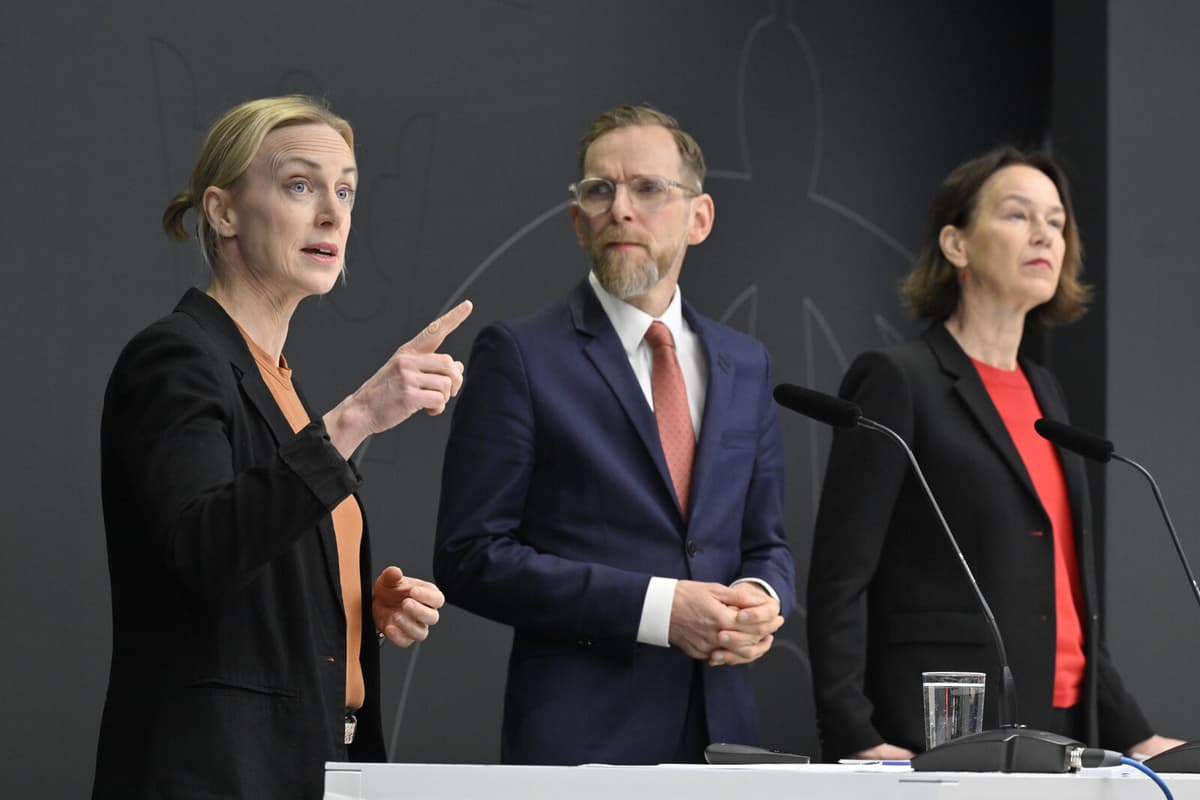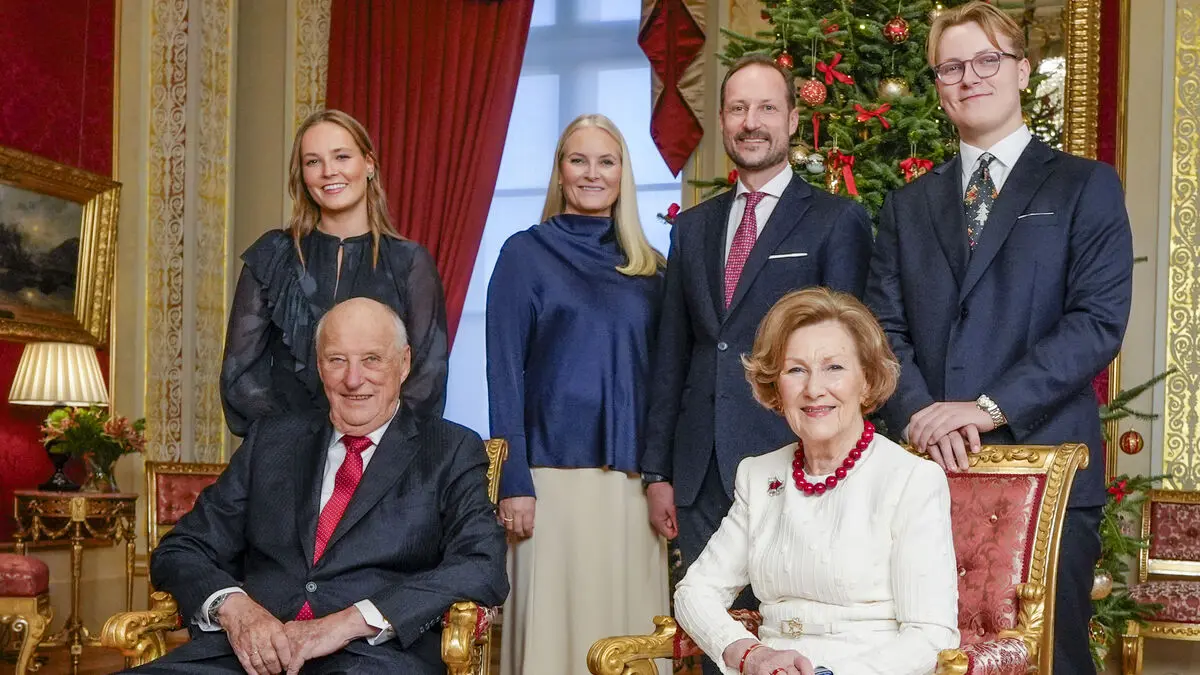For a couple of months ago, the Public Health Agency (PHA) presented recommendations for screen time for young people. Regardless of age, the advice was less screen time. For the youngest, no screen time at all, and for teenagers, significantly shorter time on mobile phones per day.
Fights about screen time are our time's most common everyday quarrel, says Minister for Health and Social Affairs Jakob Forssmed (KD) at a press conference.
Today, the PHA is presenting concrete guidelines and tips on how to follow the new guidelines for screen time.
Keep the mobile phone out of the bedroom, says the PHA's Director-General Olivia Wigzell as one of the most important measures.
Advertisement
Wigzell also urges parents to learn more about the apps and games their children use on screens.
Talk within the family
Helena Friedlingsdorf, investigator at the PHA, says it's "about making conscious choices". She encourages families to jointly set a plan for how much time to spend on social media.
Children and families should have power over the apps and not the other way around.
When it comes to the responsibility of tech companies behind the addictive apps, Forssmed says:
I have met them several times and am not impressed by what they deliver in conversations with me.
He highlights that it is not ruled out to introduce a ban on social media for people under 16 years old, even in Sweden, similar to what was introduced in Australia recently. But Forssmed also emphasizes that things are being done at the EU level, "both against Tiktok and Meta".
Received criticism
Although there is a general consensus that excessive screen use is negative, the PHA's recommendations received criticism when they were presented in September. The guidelines lacked research support, it was said, and no causal link could be established. It's not the time spent on the screen that matters, but what is done on it, it was emphasized.
The PHA rejected the criticism and believed that there was a causal link. Sleep, for example, is significantly impaired by too much screen time, just like negative body image.
The Public Health Agency has a new guidance on its website for following the recommendations for screen time. The guidance covers various aspects and is detailed. A few of the things mentioned:
... leave mobile phones, tablets, and similar devices outside the bedroom at night.
... agree on how much time is reasonable to spend on different platforms.
... avoid platforms and apps controlled by algorithms, i.e., those that adapt content to the user.
... talk about how your child feels when using digital media.
... dramatize life online and make it part of everyday conversation.
... follow age limits for apps, games, and websites.
... turn off push notifications. Set time limits in apps.
The Public Health Agency's new recommendations for screen time for children and young people:
0–2-year-olds: Ideally, no screen time at all.
2–5-year-olds: Maximum 1 hour.
6–12-year-olds: Maximum 1–2 hours.
13–18-year-olds: Maximum 2–3 hours.
+ The recommendations concern leisure-time use, such as social media, video clips, movies, TV, and computer games.
+ However, music listening, podcasts, e-books, and school-related screen use are not included in the time specifications.






